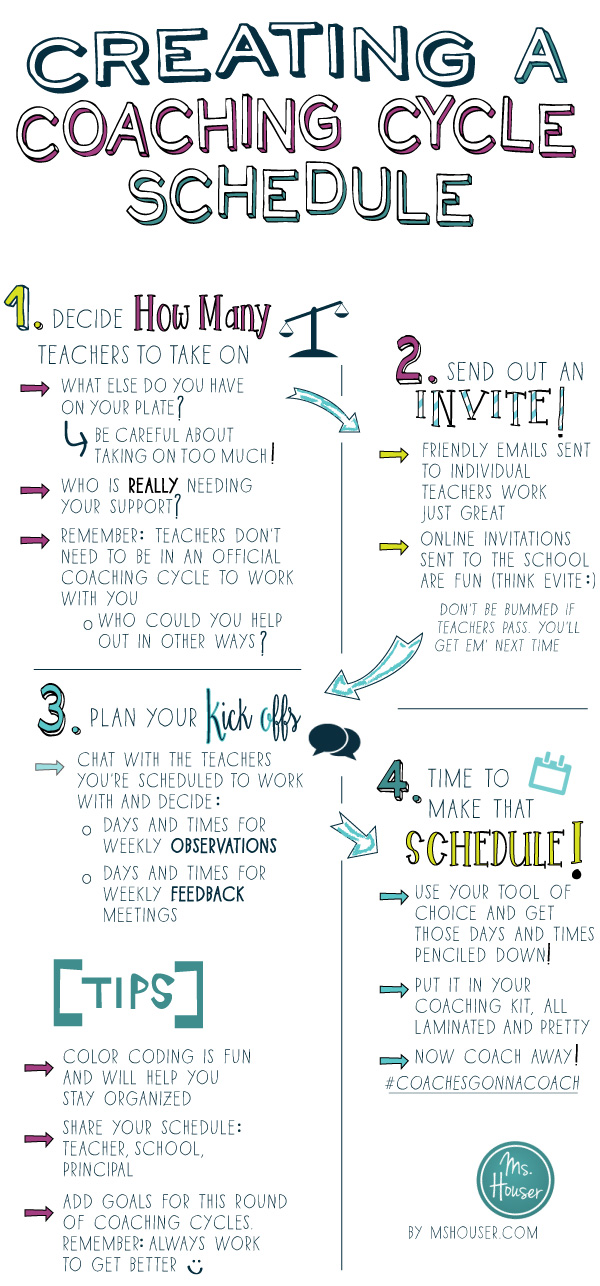The Teaching Cycle
The life cycle concept itself is not, of course, a new one, the biological life cycle having already been extended to organizational and product life cycles – and to teachers. In all cases, the cycles involve. Water Cycle Classroom and Teaching Resources. Teacher Planet offers fantastic lesson plans. For example, you can download and use a lesson plan on how water ends up in your glass. You can also teach about the water cycle using hands on activities. Enjoy the abundance of teaching tools and resources.
The teaching cycle is from the Wisconsin Model Early Learning Standards and is a continuous cycle of ongoing assessment, planning and curriculum goals, and implementation. Children are observed by the teachers daily in order to help them better plan for their development. The teachers use anecdotal notes, interactions with children and group time, and reviews of children's work to gain an accurate assessment of a child's knowledge and skill. This ongoing assessment and gathering of information helps the teachers determine what the child can do and what the child is ready to learn next.
Once individual learning goals are identified, the teachers can decide what should be done to promote development and what they want the children to learn. Individual goals are identified, prioritized and planned for in both the individual lesson plan and group lesson plan. Teachers then provide meaningful activities that support the individual and group goals guided by supportive interactions and relationships. During this phase, the teachers collect information for the next planning phase to write new individual and group goals.
- Challenge
- Initial Thoughts
- Perspectives & Resources
- Wrap Up
Page 11: Implementing the Instructional Cycle
It is critical that teachers determine beforehand what they expect students to have learned by the end of a lesson. An inexperienced teacher might begin this process by first creating lesson plans and developing activities. This kind of instruction, however, is likely to be ineffective and lack focus because the teacher has not first decided how to assess whether students have mastered a set of intended learning outcomes. By contrast, an experienced teacher will have a clear picture in his or her mind of the students' intended learning outcomes, and will design appropriate and effective instructional activities to guide students toward mastery of those outcomes.


A new teacher, Ms. Begay wants to ensure that the instruction she provides will serve to promote mastery of the intended learning outcomes. She decides to use an instructional cycle to help her design effective instruction. This instructional cycle consists of three stages.
These three items comprise the instructional cycle stages.
Stage 1: Intended Instructional Outcomes


A new teacher, Ms. Begay wants to ensure that the instruction she provides will serve to promote mastery of the intended learning outcomes. She decides to use an instructional cycle to help her design effective instruction. This instructional cycle consists of three stages.
These three items comprise the instructional cycle stages.
Stage 1: Intended Instructional Outcomes
Effective teachers begin the instructional cycle by identifying the content standards and benchmarks that the lesson or unit will address. Next, the content standards are translated into measurable learning outcomes. At this stage of the instructional cycle, the teacher has a clear idea of what students need to know, understand, and be able to do to meet the standards-based curriculum. It is important for teachers to keep in mind how they will assess the intended learning outcomes.
Stage 2: Planning
In the second stage, teachers should plan effective teaching strategies and instructional activities. It is also important that teachers plan on-going formal (e.g., standardized tests) and informal (e.g., teacher-made tests, portfolios) assessments to determine students' progress. Once the learning outcomes, instruction, and assessment have been planned, the teacher will carry out the planned instruction.
Stage 3: Assessment
Free Resources For Teachers
In this third stage, teachers actually implement their planned assessments to determine whether students have met the intended learning outcomes. It is important to understand that assessment is not something that occurs only at the end of the instructional cycle. Assessment is planned when the intended outcomes are conceptualized and implemented during instruction and at the end of instruction to determine whether students have mastered the intended learning outcomes.
Human Resources Cycle
Keep in Mind
K 3 Teacher Resources
Reflective teachers use what they have learned about student performance from assessments to continually inform the instructional cycle process.
